2. Longest Place Name: The Thai language is home to one of the world's longest place names. Located in central Thailand, the full name of Bangkok's famous temple is "Wat Arun Ratchawararam Ratchawaramahawihan". This tongue-twisting name showcases the Thai language's propensity for compounding words and its ability to convey detailed descriptions within a single term.
4. Polite Linguistic Features: Politeness is deeply ingrained in Thai culture, and it is reflected in the language itself. Thai has a range of honorific words and expressions to show respect to different social hierarchies and age groups. Additionally, the use of "krub"; for men and "ka" for women at the end of sentences is a common way to convey politeness and courtesy.
5. Sanskrit Influence: The Thai language has been significantly influenced by Sanskrit, an ancient Indian language. Many Thai words and phrases have their roots in Sanskrit, especially those related to religion, art, and literature. This influence has enriched the Thai vocabulary and added a layer of cultural interconnectedness between Thailand and the Indian subcontinent.

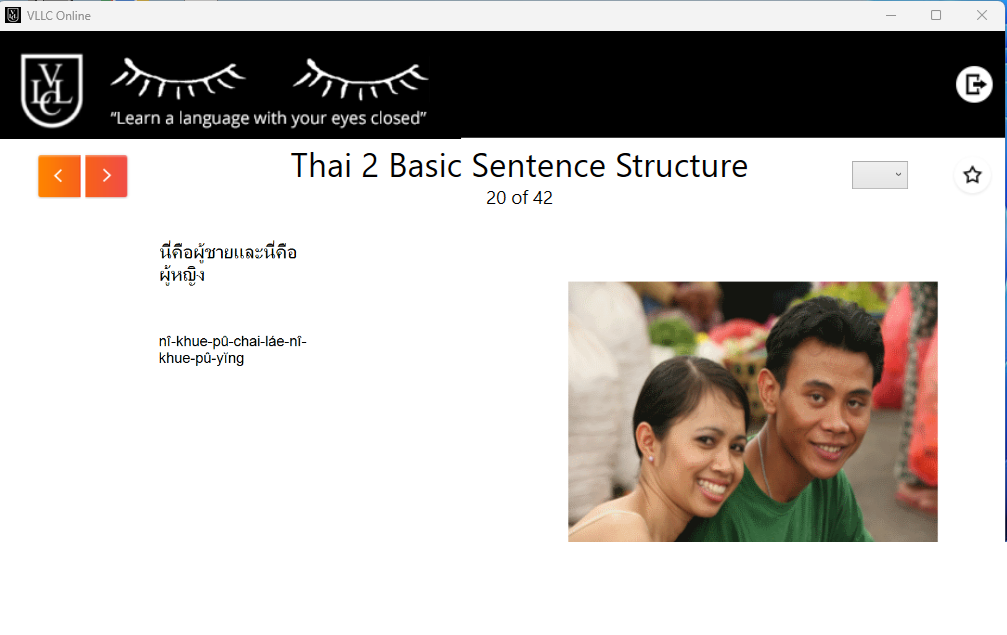
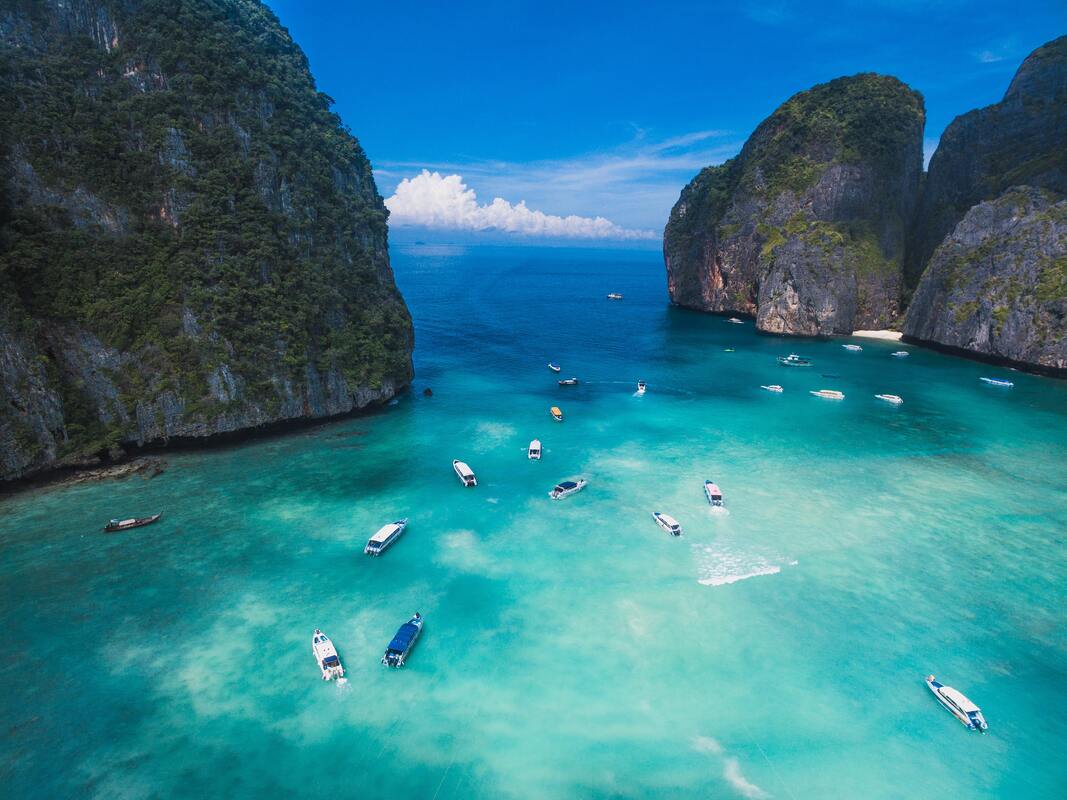
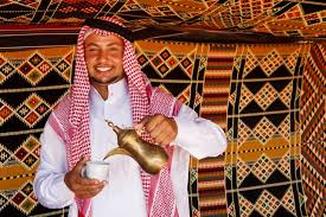
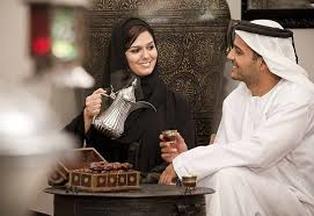
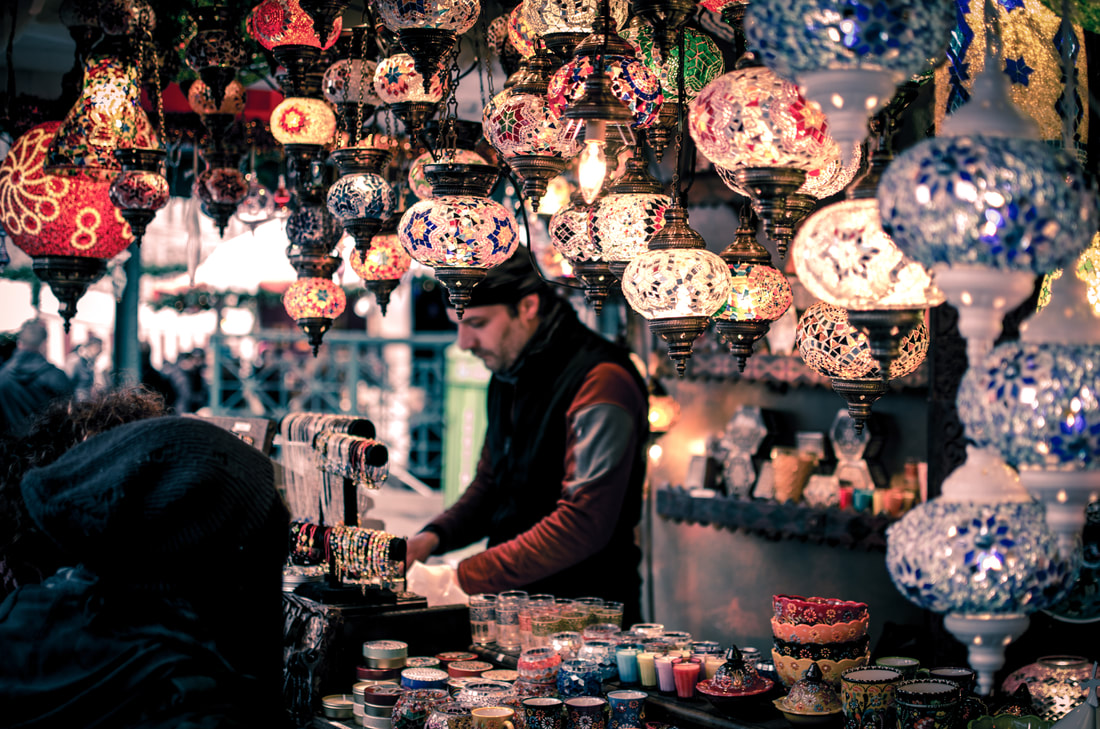
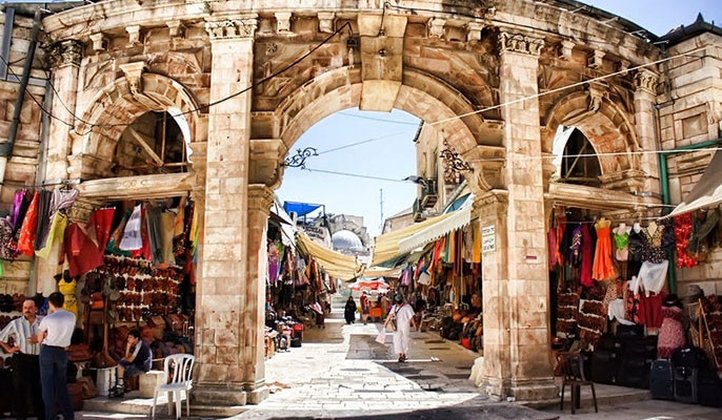

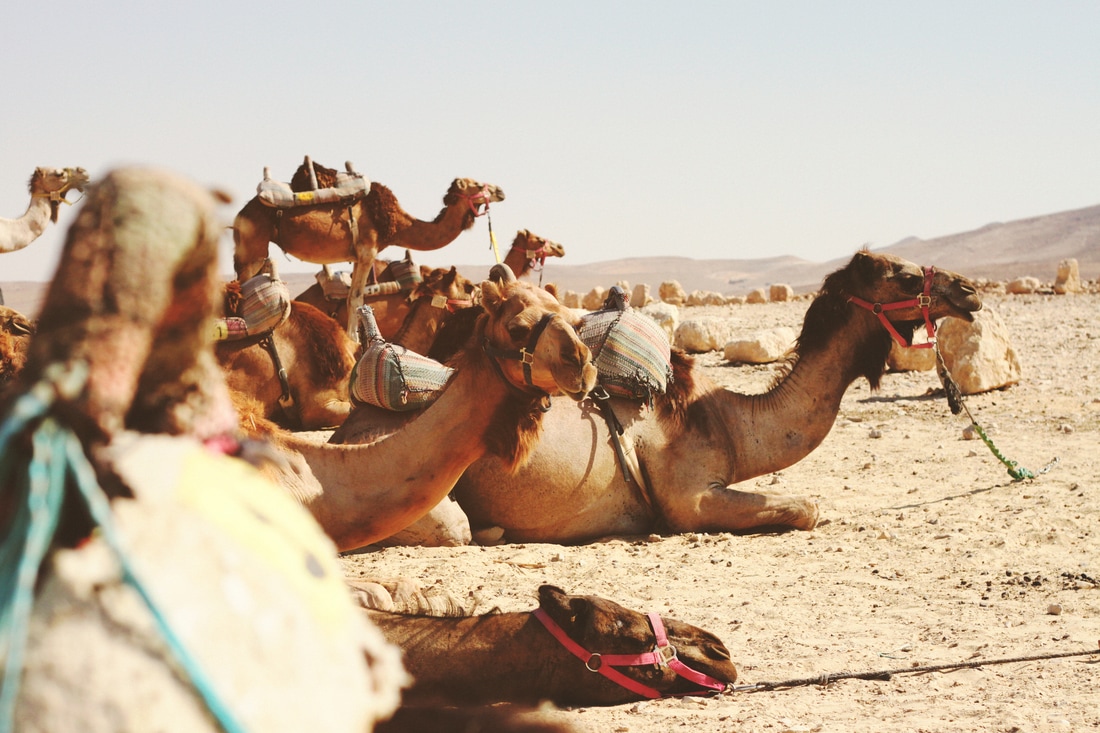
 RSS Feed
RSS Feed

